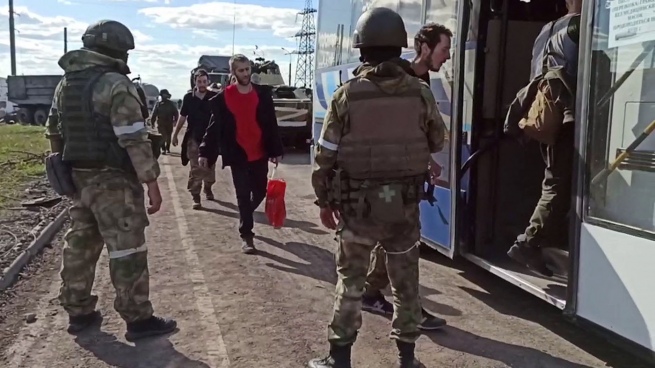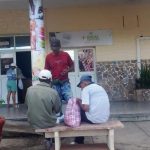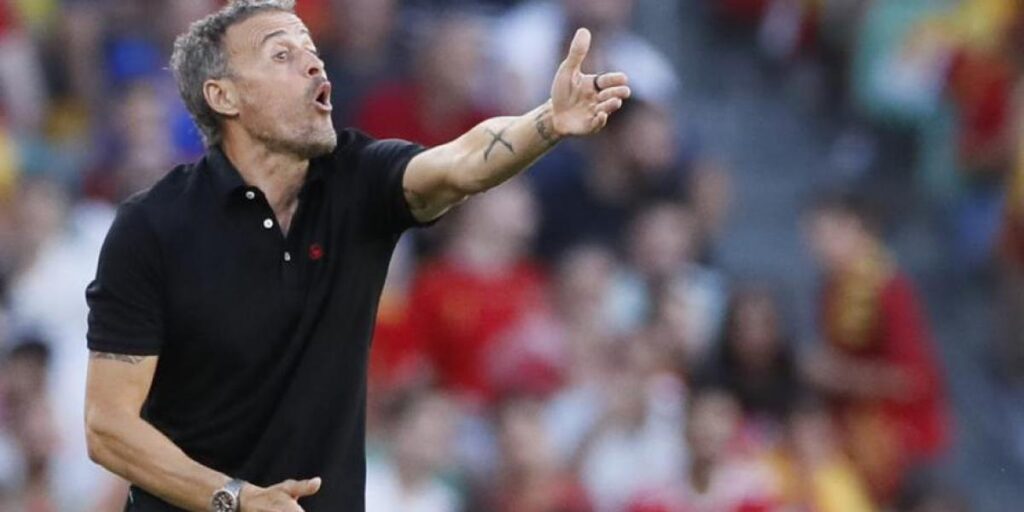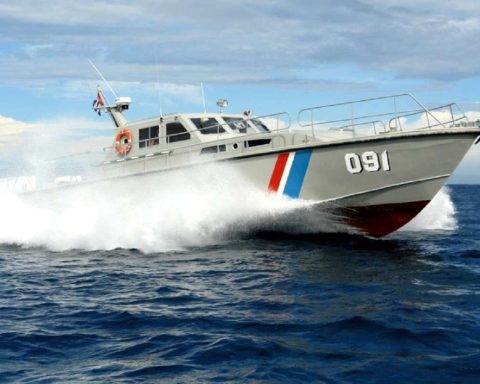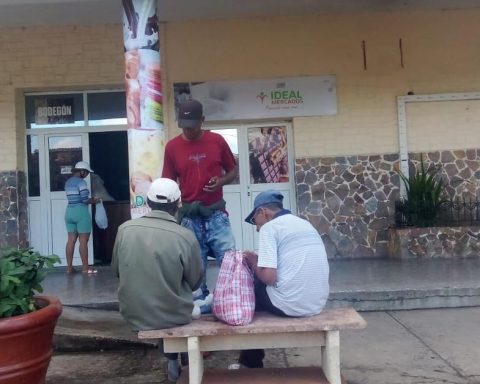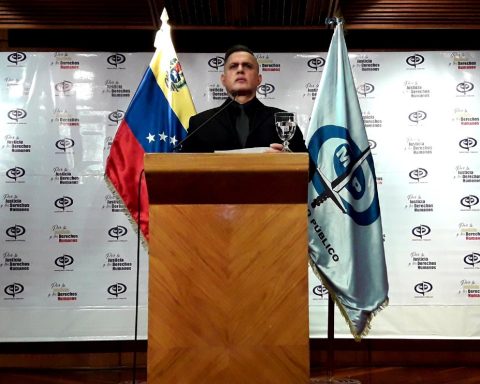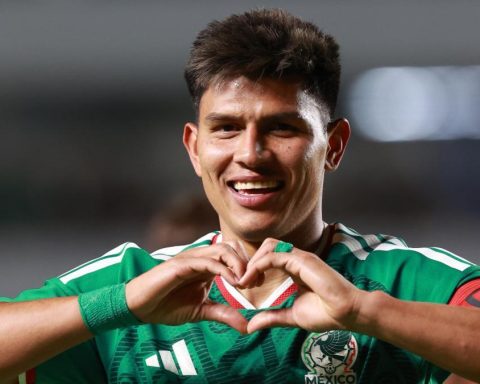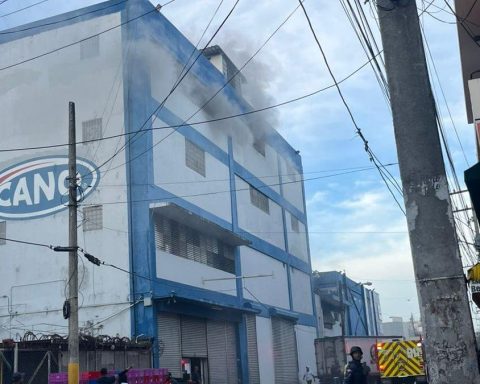The Russian army continued its advance in eastern Ukraine on Thursday, its main military objective in these almost one hundred days of a war that allowed it to control 20% of the country, as acknowledged by the Ukrainian president, Volodimir Zelenski, while NATO assures that the West must prepare for a long “war of attrition.”
“Today, about 20% of our territory is controlled by the occupants, that is, about 125,000 square kilometers,” the president said in a speech before the Luxembourg Parliament, adding that before the invasion that began on February 24 , Kremlin forces controlled some 43,000 square kilometers in Ukraine.
Since 2014, Russian forces have occupied the Crimean peninsula and, together with the pro-Russian separatists in the east of the country, a third of the Donbass mining area.
The fifth part of the Ukrainian territory under Russian rule is “much larger” than the area of Belgium, the Netherlands and Luxembourg combined, Zelensky graphed, according to the AFP news agency.
Since the beginning of the war, 99 days ago, the Russians have taken control of some regions of southern Ukraine and have slowly advanced in Donbass, where they have occupied Mariupol, in the extreme southeast, although they have withdrawn from the kyiv region, where they suffered significant losses, and partially from the Kharkov region, north of the Donbass.
Its objective is to take control of the two regions of the Donbass: Donetsk and Lugansk, where the fighting continues.
“The most difficult situation is in the Luhansk region, where the enemy is trying to push our troops out of their positions,” Commander-in-Chief of the Ukrainian armed forces Valeri Zalujny said in a statement.
In Severodonetsk, the administrative capital of the region, “80% of the city is occupied” by Russian forces and there is fighting in its streets, declared the governor of the Lugansk region, Sergii Gaidai, and thus graphed a Russian advance since yesterday she had said that she was “70%” occupied.

Although Lugansk appears as the area where the fighting is concentrated, the other Donbass region, Donetsk, is not exempt from hostilities, especially in Sloviansk, some 80 kilometers west of Severodonetsk.
On the outskirts of the city of Donetsk, the former regional capital controlled by the pro-Russian rebels, the separatists said yesterday that they cut off one of the two routes that allow the supply of nearby Avdiivka, still in the hands of kyiv.
“The enemy has an operational advantage in terms of artillery,” General Valeri Zalujny also pointed out, repeating the need for “as quick as possible transition” of his equipment to more advanced weapons sent by NATO.
The order coincides with the US announcement that it is sending to kyiv advanced Himars missile systems, which allow for highly accurate multiple launches, as well as anti-tank weapons and four helicopters.
This Thursday the head of NATO, Jens Stoltenberg, assured: “We must prepare for the long term (…) Because what we see is that this war has now become a war of attrition.”
Stoltenberg made these statements to the press after a meeting with US President Joe Biden in Washington, where he is preparing for the NATO summit scheduled for June 28-30 in Madrid.
The war in Ukraine will last “many months” the head of US diplomacy, Antony Blinken, had declared yesterday.
In the almost 100 days of occupation, Russia already totally or partially controls five provinces of Ukraine, including the two in Donbass, the neighboring and southern Zaporizhia; Kherson, west of Zaporizhia, and eastern Kharkov, which also borders Donbass.
In the south, where Russia has also taken large swaths of land from the Crimean peninsula, the Ukrainians are trying to fight back, while from Moscow they evoke possible referendums in July to annex the conquered regions.
For its part, Russia said Thursday that it had “stopped” the arrival of foreign “mercenaries” eager to fight alongside the Ukrainian military, inflicting heavy losses on them in recent weeks.
According to the Russian Ministry of Defense, the number of foreign fighters “almost halved” from 6,600 to 3,500, and a “large number” of them “prefer to leave Ukraine as quickly as possible.”
At the level of sanctions, the European Union (EU) managed this Thursday to knock down the last remaining obstacle to approve its sixth package of measures against Russia, which includes a partial embargo on Russian oil.

The president of the European Commission, Ursula von der Leyen, celebrated on Twitter that “another strong package of sanctions was agreed (…) against (Russian President Vladimir) Putin and the Kremlin.”
The final documents with the details of the sixth package of sanctions must still receive the written agreement of the countries of the bloc so that they can be published in the official gazette of the EU tomorrow.
From the package of measures, they removed the head of the Russian Orthodox Church, Patriarch Kirill, at the request of Hungary, which had demanded the removal of the religious leader from the sanctions list.
From Moscow, the Russian deputy prime minister and in charge of Energy, Alexander Novak, indicated that Europeans will be the first to “suffer” from this new restriction.
“European consumers will be the first to suffer from this decision. Not only will oil prices rise, but also oil prices. I don’t rule out a big deficit of oil products in the EU,” Novak told Russian television.
The United States announced its own sanctions that include Russian President Vladimir Putin’s manager and a Monaco company that supplies luxury yachts to Moscow’s elite.
Washington sanctioned Sergei Pavlovitch Roldugin, considered “Putin’s intermediary” and a close friend, his wife, the opera singer Elena Mirtova, and the spokeswoman for the Ministry of Foreign Affairs, Maria Zakharova, as well as several large yachts in which the Russian leader allegedly has interests, the Treasury Department announced.
Meanwhile, the Moldovan parliament approved the definitive ban on Russian newscasts in the country, a measure that has been in force since the Russian invasion of Ukraine.
Moscow’s offensive on February 24 reignited tension in Moldova, which aspires to EU membership and has a Russian-backed breakaway region, Transnistria, on its territory.
